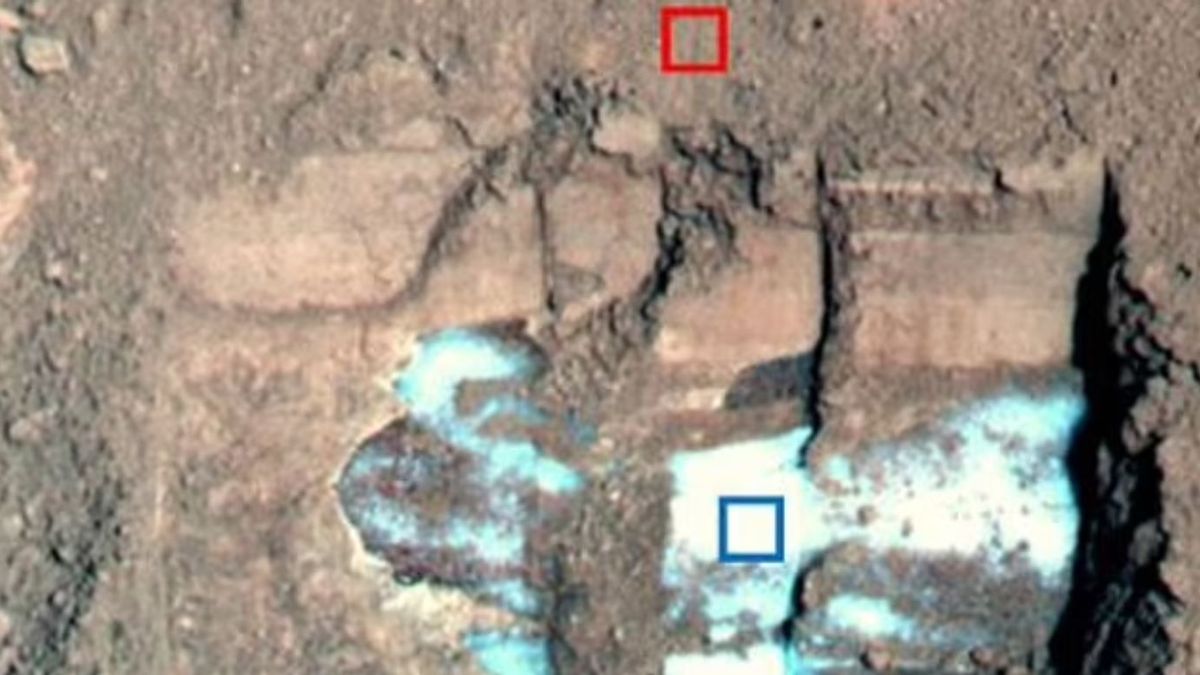JAKARTA – Just like on Earth, snow also falls on Mars. However, scientists have discovered that Mars' snow is 'dusier' than on Earth. This could mean it is warmer and more likely to melt into water.
Using data from NASA's Phoenix Mars Lander, the Reconnaissance Orbiter, along with computer simulations, the researchers were able to tell that Mars' snow is darker than Earth's due to the high levels of dust on the planet.
Thus, it is also more likely to melt and turn into water, with the right conditions.
"It is possible that this dark, dusty ice melts a few centimeters down," the study's lead author, Aditya Khuller, said in a statement.
"Any liquid water below the surface that results from melting will be protected from evaporation in Mars' thin atmosphere by the ice sheet above it," he added.
Given that Earth's oceans are 'infested with life', according to NASA, the presence of liquid water in every object in the solar system suggests that it may have once been home to life or may still exist.
In June, a separate study suggested that there may be more water on the Red Planet than previously thought. Including 'dozens' of lakes less than a mile below the surface of the Red Planet.
Scientists believe that the ice excavated by the Phoenix lander in 2008, and subsequent snowfall, resulted from snowfall over the past million years.
"It is widely believed that Mars has experienced several ice ages throughout its history, and it seems likely that the ice exposed along Martian latitudes is the remnant of this ancient dusty snowfall," added Khuller.
If researchers can learn better about the prospects for water on Mars, then they may be able to learn better about its prospects for once harboring life.
"Characterizing these traits could significantly improve models of ice stability on Mars and tell us about their age and origin," the researchers wrote in the study.
Last month, NASA's Perseverance rover began its science mission, searching for signs of ancient petrified life.
The researchers say that more work is needed to determine whether the ice actually melts into water.
"We are developing better computer simulations of the Martian ice to study how it evolved over time, and whether it might melt to form liquid water," Khuller added.
"The results from this study will be an integral part of our work because knowing how dark the ice is directly affects how warm it is," he said.
The English, Chinese, Japanese, Arabic, and French versions are automatically generated by the AI. So there may still be inaccuracies in translating, please always see Indonesian as our main language. (system supported by DigitalSiber.id)













